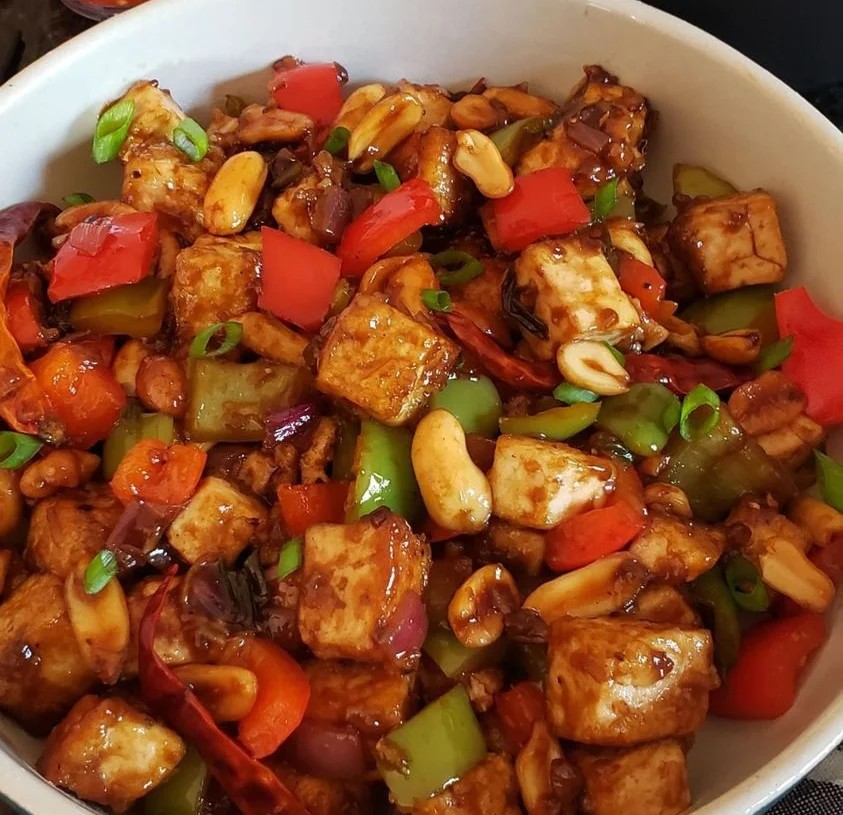Gut Health:
Plant-based diets are often associated with improved gut health due to the high fiber content from fruits, vegetables, and whole grains. A healthy gut microbiome is linked to better digestion and overall well-being.
Anti-Inflammatory Properties:
Many plant-based foods have anti-inflammatory properties, which can help in reducing inflammation in the body. Chronic inflammation is associated with various health issues, and a vegan diet may contribute to its prevention.
Sports Performance:
Contrary to the misconception that vegan diets lack protein, many successful athletes follow plant-based diets to enhance their performance. Plant-based proteins can support muscle building and recovery.
Reduced Risk of Foodborne Illnesses:
Plant-based diets eliminate the risk of foodborne illnesses associated with the consumption of undercooked or contaminated animal products.
Economic Impact:
A vegan diet can be more economical as plant-based protein sources tend to be cost-effective compared to some animal products. It may be a budget-friendly option for individuals or families.
Mindful Eating:
Adopting a vegan lifestyle often promotes mindful eating. Being more conscious of food choices and sources can lead to a healthier relationship with food and a greater appreciation for the environmental impact of dietary decisions.
Preservation of Biodiversity:
The expansion of animal agriculture often leads to habitat destruction and loss of biodiversity. Choosing a vegan diet supports the preservation of ecosystems and the protection of various species.
Culinary Diversity:
Veganism introduces individuals to a diverse range of cuisines and ingredients from around the world. Exploring plant-based cooking can be a culinary adventure, embracing flavors and techniques from different cultures.
Reduced Antibiotic Resistance:
The use of antibiotics in animal farming contributes to the rise of antibiotic-resistant bacteria. Opting for a vegan diet can be a way to reduce the demand for such practices and promote responsible antibiotic use.
Cruelty-Free Beauty and Personal Care:
Veganism extends to beauty and personal care products. Choosing cruelty-free, vegan alternatives ensures that your lifestyle aligns with ethical choices beyond just dietary preferences.
Dive into a world of vibrant flavors with our Vegan Rasta Pasta with Broccoli, a dish that celebrates the essence of plant-based dining in a colorful symphony of taste. Crafted with precision and passion, this recipe brings together the bold and lively elements of Rasta pasta with the wholesome goodness of broccoli, creating a culinary masterpiece that tantalizes your taste buds while honoring your commitment to a plant-powered lifestyle.
Our Vegan Rasta Pasta with Broccoli is a culinary celebration that combines the richness of jerk-seasoned coconut milk sauce with the wholesome goodness of pasta and vibrant broccoli. The dish is a visual and sensory delight, with colorful bell peppers and cherry tomatoes adding freshness and a burst of flavors.
This vegan masterpiece invites you to savor the harmony of spicy, creamy, and comforting elements, all while embracing the nourishing benefits of plant-based ingredients. Whether you’re a seasoned vegan or exploring plant-powered options, this Rasta Pasta with Broccoli is a symphony of taste that transforms each bite into a celebration of culinary ingenuity and mindful eating.
Rasta Pasta with Broccoli

Ingredients:
- 8 oz whole wheat or gluten-free pasta
- 1 head of broccoli, cut into florets
- 1 can (15 oz) coconut milk
- 2 tablespoons jerk seasoning
- 1 tablespoon olive oil
- 1 onion, thinly sliced
- 3 cloves garlic, minced
- 1 bell pepper, thinly sliced (preferably red, yellow, or green for a burst of color)
- 1 cup cherry tomatoes, halved
- Salt and pepper to taste
- Fresh cilantro for garnish
- Optional: Red pepper flakes for extra heat
Instructions:
- Cook Pasta and Broccoli:
- Cook the pasta according to package instructions. In the last 3 minutes of cooking, add the broccoli florets to the boiling water. Drain and set aside.
- Prepare Rasta Sauce:
- In a large skillet, heat olive oil over medium heat. Sauté onions until softened, then add garlic and sauté for an additional minute.
- Stir in jerk seasoning and cook for 2 minutes until fragrant.
- Pour in the coconut milk and let the sauce simmer for 5-7 minutes until it thickens slightly.
- Combine Pasta and Sauce:
- Add the cooked pasta and broccoli to the skillet, tossing them in the Rasta sauce until well-coated.
- Add Vegetables:
- Mix in sliced bell pepper and cherry tomatoes. Season with salt and pepper to taste. Cook for an additional 3-5 minutes until the vegetables are tender but still vibrant.
- Garnish and Serve:
- Garnish with fresh cilantro and red pepper flakes if desired. Serve hot and enjoy the explosion of flavors.
Nutritional Content (Per Serving, assuming 4 servings):
- Calories: 400-450 kcal
- Protein: 10-12g
- Fat: 15-18g
- Saturated Fat: 12-15g
- Carbohydrates: 55-60g
- Dietary Fiber: 8-10g
- Sugars: 5-7g
